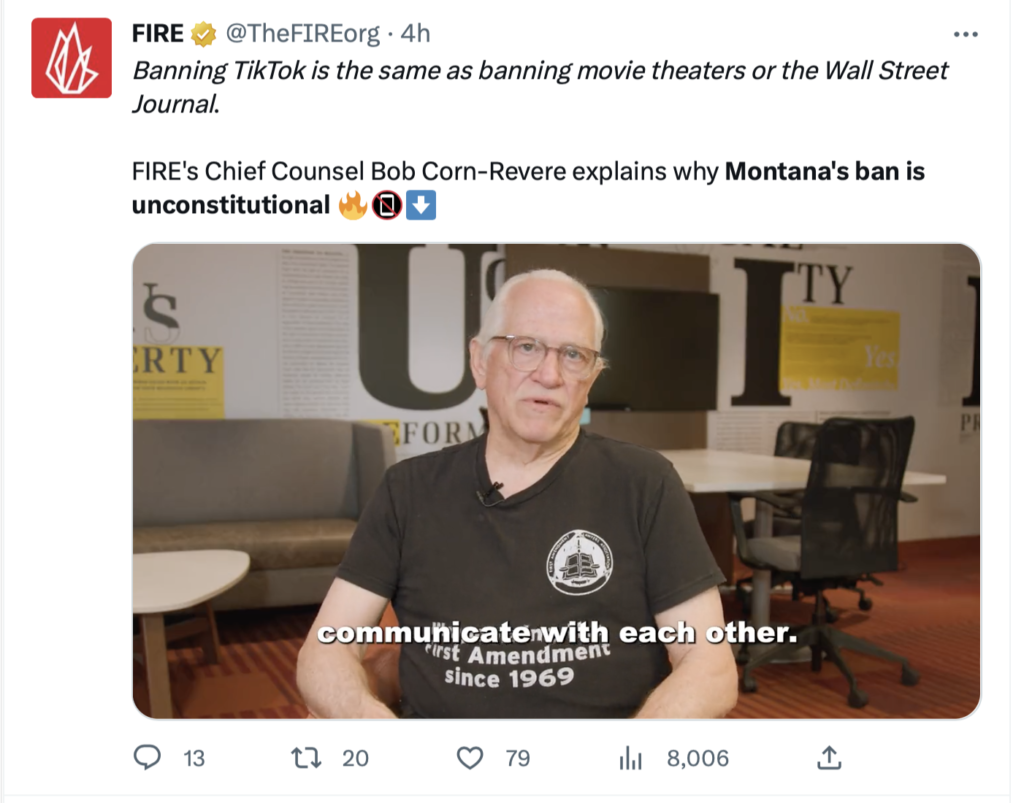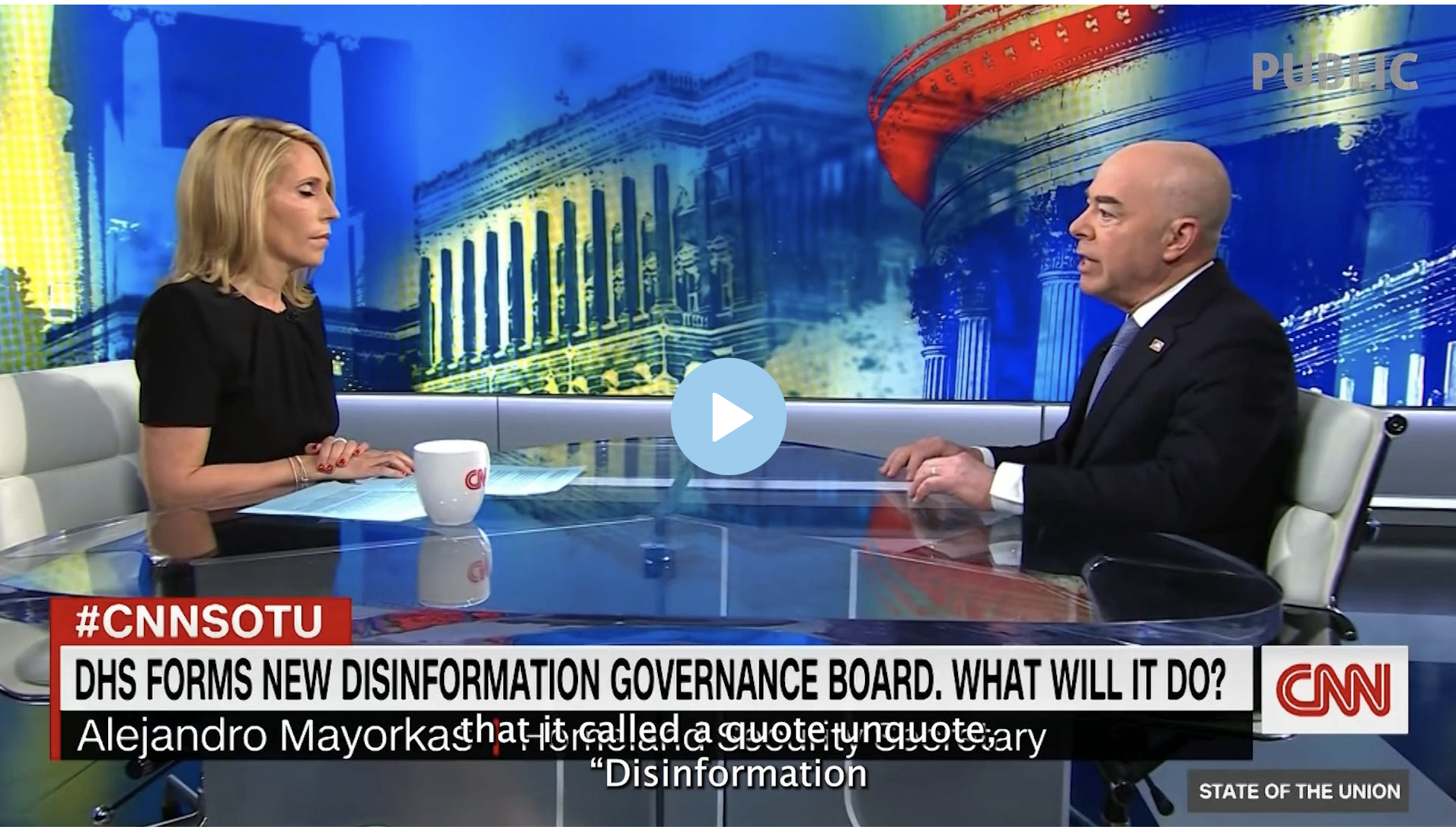For many years I had listened to Making Sense, the podcast of Sam Harris. I admired Sam's ability to analyze many complex issues, including religion and cognitive science. I don't listen to him nearly as much any more. He has fallen off the tracks regarding COVID and censorship. I am also concerned that he has a bad case of Trump Derangement Syndrome - I describe TDS as a disgust of Trump that is so intense that one is willing to start with the premise that Trump cannot ever again be president, then to reverse-engineer government and media institutions that get in the way, disabling them if necessary, doing whatever is necessary to guarantee that Trump never again holds power.
Recently, I found myself wondering when it was that I first noticed that Harris fell off the rails on these topics. I think it was on his January 2, 2019 with Renée DiResta, who is described in the podcast notes as "Director of Research at New Knowledge and Head of Policy at the nonprofit organization Data for Democracy." I remember listening to this podcast several years ago, thinking that Sam was simply eating out of DiResta's hand, taking everything she said without exercising any meaningful skepticism or pushback. While I listened to that podcast, it seemed like a truly bizarre moment compared to other episodes of an otherwise excellent well-informed, highly-engaging podcast.
At minute 18 of the podcast, Sam seemed hypnotized into head-nodding as DiResta described "Russian Interference in the U.S. Presidential Election of 2016." When Harris asked whether we know this to be true, DiResta responded there is "no basis for doubt," that it is "crystal clear," "it happened" and an "incontrovertible truth." A claim like this should result in dozens of questions, including who, what, when, where, how and why.
But that was the day Sam-the-Skeptic died. At Minute 20, Sam assured DiResta that this Russian interference only went in one direction. It "was not a pro-Clinton campaign." DiResta explained to Harris that the Russian "Internet Research Agency" was growing "tribes" on social media, based on divisive issues having nothing to do with Trump, then somehow switching those tribes and disillusionment into pro-Trump propaganda. DiResta explained that this social media propaganda was organized around ideas of "pride" of Americans "to exploit feelings of alienation" on topics as diverse as Immigration, southern culture, LGBT, Bernie Sanders, religious rights, BLM and pro-police. And then the Russians started "weaving in their support for candidate Trump." Somehow those evil-doers converted people who allegedly found these to be topics of interest to channel their frustrations into votes for Trump. And somehow these social media posts (a mere "81 Facebook pages") swayed the outcome of a national American election where multi-millions of dollars were being spent by the candidates themselves. DiResta spun this spectacularly unconvincing story based on black-box "trust me" causation. She was allowed to sell this wild story without backing it up with any meaningful corroborating statistics or any psychological analysis of how this tactic could possibly work, yet Harris sat on his hands for the entire podcast drinking the Kool-Aid.
Now we know a lot more about Renée DiResta. According to Michael Shellenberger's recent article: "Why Renee DiResta Leads The Censorship Industry: How a former CIA fellow came to lead US government efforts to stamp out disfavored speech on the Internet."
DiResta’s rise to the highest levels of the U.S. intelligence community struck me back in December of last year as improbably meteoric. DiResta had repeatedly described her involvement in fighting disinformation as having started in 2013 when she became a new mom and grew concerned about spreading anti-vaccine information online. “In 2013,” she explained to Kara Swisher, “I had my first kid… You know, you have to do that preschool thing here, you’ve got to get them on a list a year early. I didn’t want to be in a preschool with a bunch of anti-vaxxers, candidly.” Two years later she was helping to fight ISIS online and by 2018 she was testifying before the U.S. Senate Intelligence Committee.



